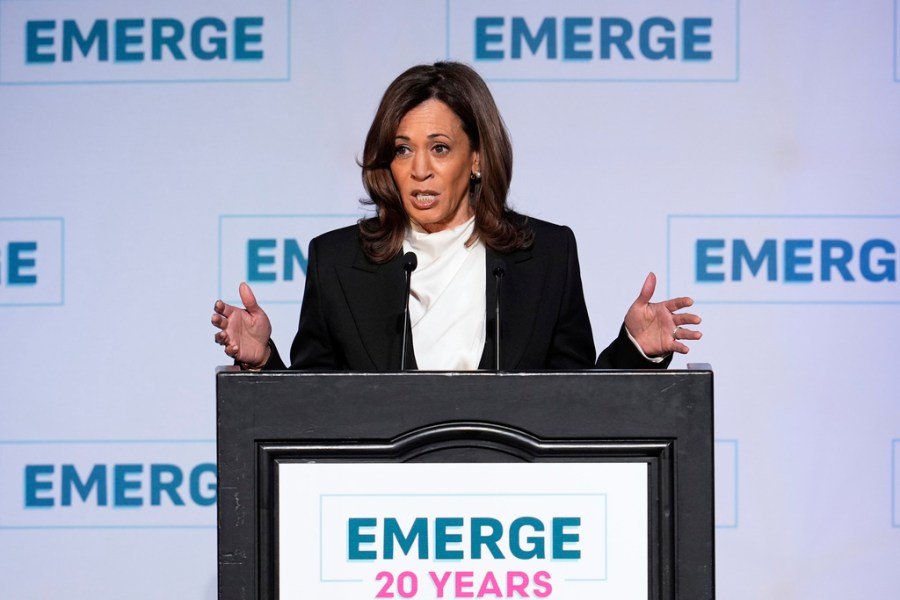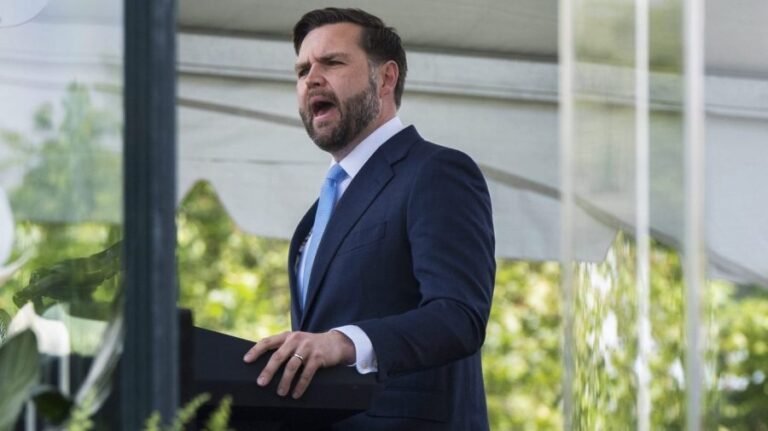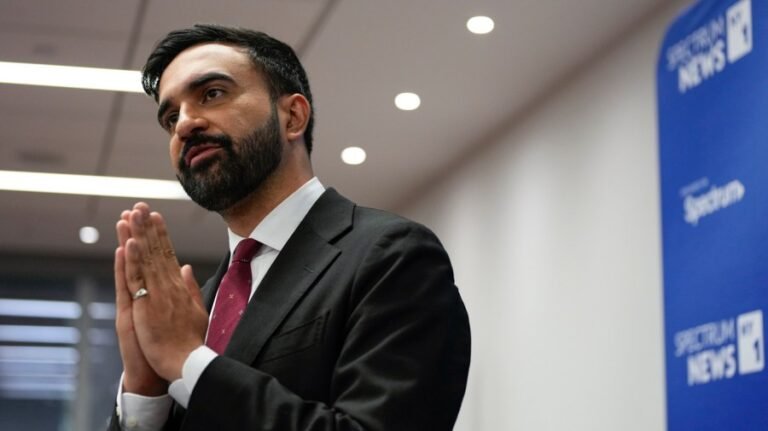
As a proud supporter of Kamala Harris, and a 2024 delegate for her historic nomination, I say this with both admiration and strategic urgency: Harris should run for governor of California in 2026.
In the wake of her hard-fought and ultimately unsuccessful presidential campaign, speculation has swirled about what comes next for the former vice president. Will she run for governor? Will she mount another White House bid in 2028? Will she step back from politics altogether? The answers are far from obvious. What is clear, however, is that Harris remains one of the most prominent and widely supported figures in the Democratic Party.
That’s what makes this such a complicated moment for Democrats. Harris continues to enjoy deep loyalty among key segments of the Democratic base — particularly women, Black voters and progressives — and she still commands unmatched name recognition and fundraising potential. But even her staunchest allies must acknowledge that another presidential campaign in 2028 would come too soon.
The conditions that made 2024 such an uphill climb haven’t gone away and trying again too quickly could compound political wounds rather than heal them. More than that, it would deny the Democratic Party the much needed chance to have a fresh, competitive primary, as they struggle to redefine themselves in the wake of President Trump’s victory.
The best path forward for Harris, for the Democratic Party, and for the country is for her to run for governor of California. Harris would be a formidable candidate and an even stronger governor. She knows the state intimately, having served as San Francisco district attorney, California attorney general, and a U.S. senator representing the state. Her experience remains unmatched, and her leadership would be a powerful asset at a time when California (the world’s fourth largest economy) faces major challenges on housing, climate, education and equity.
A gubernatorial campaign would allow Harris to reset the narrative and get back to her center-left bona fides. She could speak publicly and with clarity about the immense constraints she faced during the Biden administration and her 2024 campaign without needing to relitigate the Biden presidency. She can be honest about what went wrong, offer lessons learned, and show who she is outside the rigid expectations of Washington and without the need to cater to the far left, as she often had to in her 2024 bid.
As governor, she wouldn’t need to bend to every online trend or ideological corner. She could lead on her own terms — pragmatically, boldly and from the moderate tradition that defined her rise as a career prosecutor.
This move is about more than policy. It’s also about presence. Just as Hillary Clinton remained a dominant political voice after her 2016 loss, Harris has the rare ability to stay in the national conversation even when she’s not on a federal ballot. If anything, the spotlight may shine brighter in Sacramento.
Everything Harris does as governor — every speech, policy rollout or strategic callout — will reverberate across the national political landscape. In a media environment that remains fixated on Trump, Harris is one of the few Democrats with the profile to cut through the noise. (After all, she didn’t just fall out of a coconut tree.)
Strategically, it’s not only the smartest move Harris can make for herself, but it would be the best outcome for the Democratic Party nationally. A victory in 2026 would give her a governing platform and responsibility that extends past 2028, offering a clear and dignified reason not to run in that presidential cycle. That, in turn, opens the door for Democrats to have the wide-open, ideas-driven primary they need — while allowing Harris to preserve and even grow her political standing. Should she succeed as governor, she would be well-positioned for a future presidential run in 2032 or beyond, with an even stronger résumé and broader coalition behind her.
In the meantime, the party gets to breathe. It gets to reset. And it gets to move forward with new voices and new ideas at the national level without being constrained by the difficult optics of sidelining one of its most visible trailblazing leaders.
This isn’t about Harris stepping aside — it’s about her stepping into her power, on her terms, in the place that shaped her. California is where her story began, and it’s where she can write its next bold chapter with the freedom to lead, to govern, and to show the country what grounded, forward-looking leadership really looks like.
Kaivan Shroff is a political commentator and attorney. He also serves as senior advisor to the Institute for Education (a D.C. non-profit), was a 2024 DNC presidential delegate, and worked on Hillary Clinton’s 2016 campaign. He has been published in various outlets including the Chicago Tribune, Boston Globe, Huffpost, San Francisco Chronicle and more.


